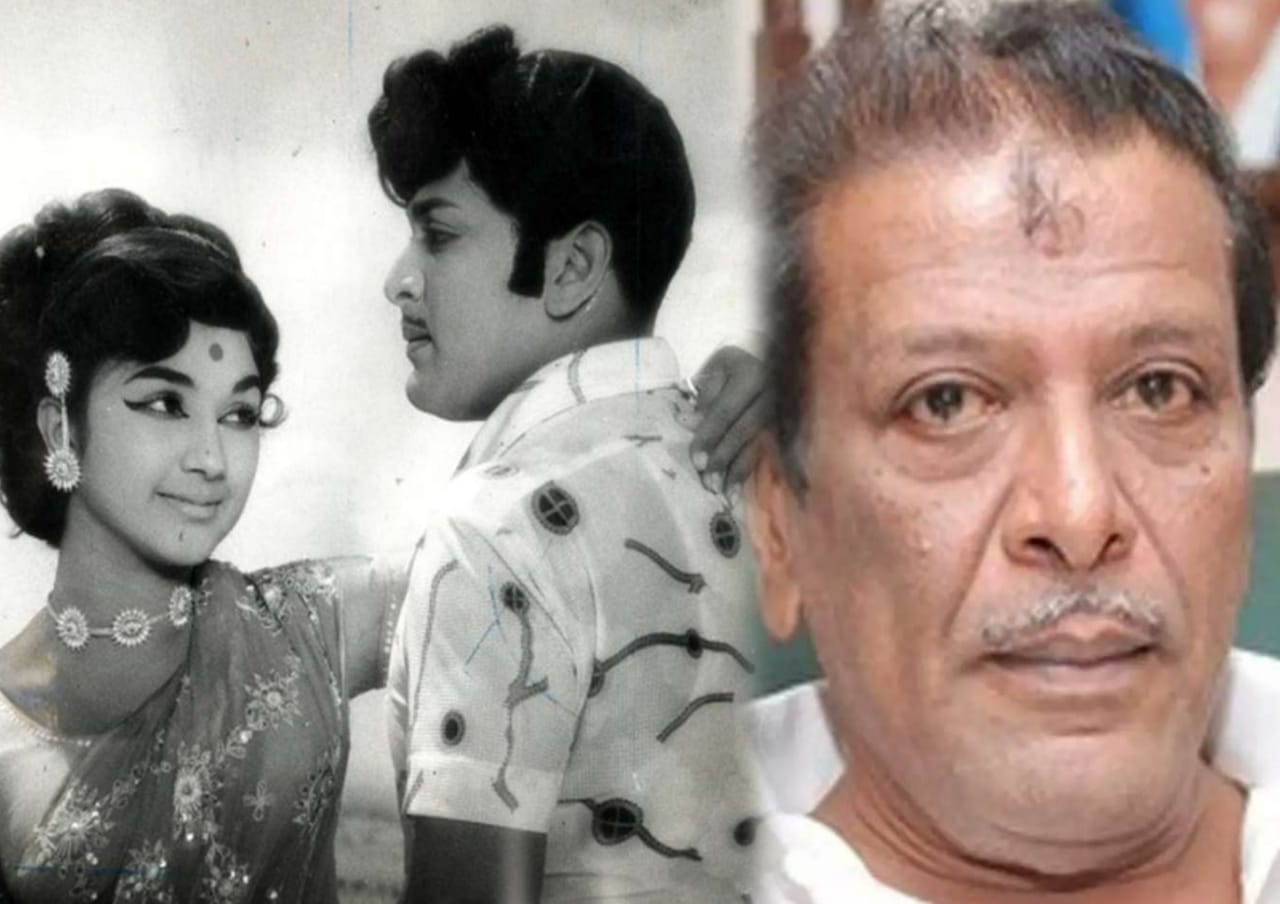
Tamil Nadu is in mourning following the death of Mu. Ka. Muthu, the eldest son of late Chief Minister M. Karunanidhi and half-brother of current Chief Minister M.K. Stalin. The veteran actor and singer passed away in Chennai on Saturday at the age of 77, leaving behind a legacy that bridged Tamil cinema and politics.
Chief Minister Stalin announced his brother's death with profound grief, describing the news as striking him "like a thunderbolt." In an emotional tribute, Stalin reflected on the deep bond they shared, saying Muthu had shown him "affection equivalent to that of a mother and father."
Born to Karunanidhi's first wife, Padmavathi, Muthu carved out a distinct identity in Tamil cinema during the 1970s. His entry into films in 1970 marked the beginning of a career that would see him take on diverse roles, including a memorable dual role in his debut film "Pillaiyo Pillai." The movie was notably launched by M.G. Ramachandran (MGR), who even presented Muthu with a gold watch.
Muthu's filmography includes several beloved Tamil classics such as "Samayalkaran," "Anayavilaku," "Ingeyum Manidhargal," and "Pookari." Beyond acting, he possessed a rare talent for singing, lending his melodious voice to numerous songs that continue to resonate with Tamil audiences today. Songs like "Nalla Manathil Kudiyirukkum Nagoor Andava" from "Anayavilaku" and tracks from "Pookari" remain cherished by cinema lovers across generations.
However, Muthu's career was not without controversy. His conscious styling after MGR, including adopting similar mannerisms, dialogue delivery, and even hairstyle, created tensions within his family and the broader political landscape. This resemblance became a source of discomfort for the DMK leadership and contributed to strains in the party's relationship with film personalities.
The political dimension of Muthu's life took a dramatic turn when he chose to align himself with the AIADMK, his father's primary political opponent. This decision led to years of estrangement from his family. Interestingly, while he sought to join the AIADMK, MGR initially refused to admit him into the party. Eventually, he received financial support from Chief Minister Jayalalithaa in the early 1990s.
Despite his efforts in both cinema and politics, Muthu's career in both fields failed to reach the heights many had anticipated. He gradually faded from public prominence, though his artistic contributions remained appreciated by film enthusiasts.
The family reconciliation came in 2008 when Muthu turned 60, marking a new chapter in his relationship with his father and siblings. This period saw him attempt to revive his public image, including singing a song composed by Deva for the film "Maatu Thavani."
Stalin's tribute emphasised Muthu's unwavering support for his political growth, recalling how his elder brother would share fond memories whenever they met. "He always showed affection toward me, considered my growth as his own, and constantly encouraged me," Stalin remembered.
The passing of Muthu has drawn condolences from across Tamil Nadu's political spectrum. AIADMK leader Edappadi K. Palaniswami, PMK president Anbumani Ramadoss, and numerous other political figures have expressed their sympathies to the bereaved family.
As Tamil Nadu bids farewell to M.K. Muthu, his legacy remains intertwined with both the golden age of Tamil cinema and the complex political narrative of the Dravidian movement. His life story reflects the intricate relationships between cinema, politics, and family that have long characterised Tamil Nadu's cultural landscape.